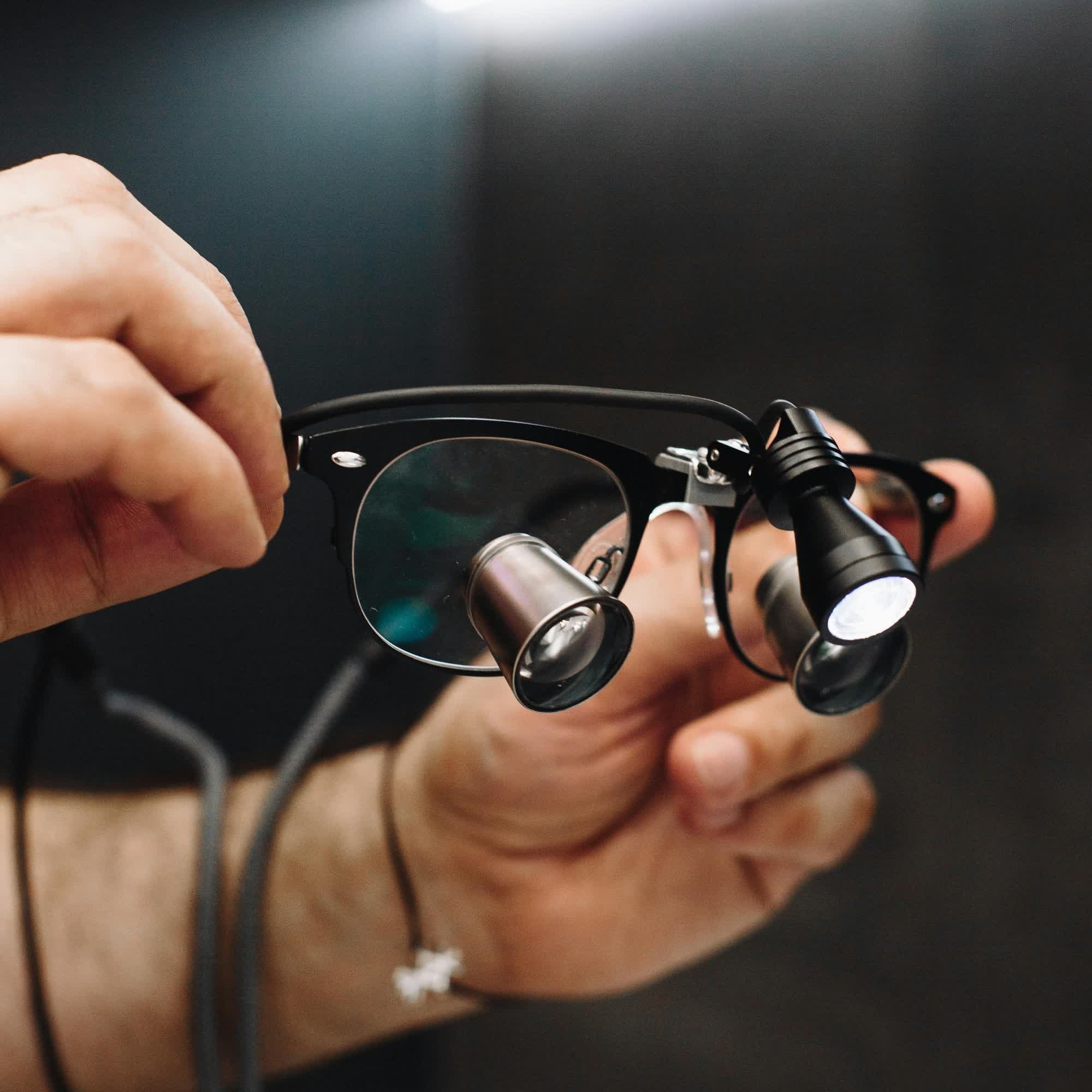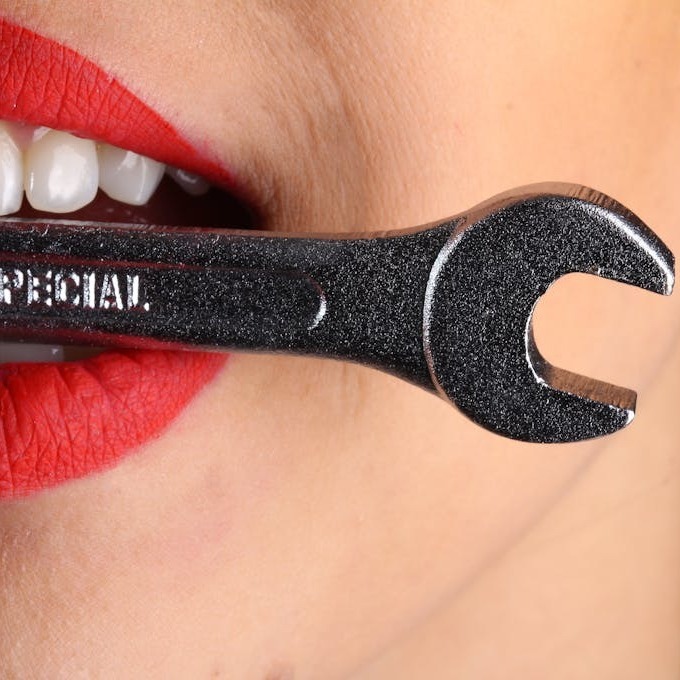The OPTISMILE Podcast 87 - Understanding Your Bite - Beyond Straight Teeth
Description
Introduction
In this episode of Save Your Money, Save Your Teeth, Eon Engelbrecht and Dr Clifford Yudelman dive deep into a topic often overlooked in favour of aesthetics: your bite (occlusion). While many strive for a perfectly straight smile, the way your teeth fit together is the true foundation of oral health, comfort, and longevity.
Dr Yudelman explains why a "good bite" is about more than just looks—it's a biological system involving muscles, joints, and nerves.
10 Questions with Dr Clifford Yudelman
1. What does "bite" actually mean in dentistry? Bite, or occlusion, is a complex biological system involving teeth, jaw joints, facial muscles, and nerves working together, capable of generating massive force (over 250kg/cm²).
2. Why should the average person care about their bite if they aren't in pain? Even without pain, a poor bite influences chewing efficiency and tooth survival. Uneven loads cause fractures, gum recession, and abfractions, leading to higher long-term costs.
3. Is having straight teeth the same as having a good bite? No. Straight teeth are cosmetic; a functional bite is mechanical. You can have visually straight teeth (social six) but still suffer from poor force distribution and bite problems.
4. What are the most common signs that someone's bite is not ideal? Common signs include chipped front teeth, worn edges, teeth appearing shorter, cracked fillings, and fillings that constantly fall out due to uneven pressure.
5. Can someone damage their own bite without realizing it? Yes, through habits like clenching during exercise, nail-biting, and nocturnal grinding (bruxism), as well as acid erosion which softens enamel and accelerates bite collapse.
6. What happens during a bite assessment at OptiSmile? It involves a digital scan to visualize contact points in 3D (identifying heavy hits), checking for joint sounds (crepitus), assessing muscle tenderness, and analyzing wear patterns.
7. Can a poor bite really cause headaches and facial pain? Absolutely. Excessive muscle contraction due to a bad bite leads to fatigue, tension headaches, migraines, and chronic facial pain, which often resolves once the bite is corrected.
8. What are the treatment options if someone has a bite issue? Treatments range from selective contact adjustment (filing high spots) to restoring worn teeth with ceramic onlays or injection moulding, and using clear aligners to reposition teeth.
9. Where do clear aligners (like Invisalign) fit into functional bite treatment? Premium aligners like Invisalign allow precise control (0.2mm movements) to correct deep bites, open bites, and crossbites, while also acting as a protective barrier against clenching.
10. What is the most important message for listeners? Your bite is a complex system protecting your teeth for life. Early diagnosis via a digital bite assessment prevents long-term damage, fractures, and costly dental work.
Further Resources
OptiSmile Bite and TMJ Solutions: https://optismile.co.za/blog/relief-and-recovery-managing-bruxism-and-tmj-disorder/
Invisalign at OptiSmile: https://optismile.co.za/dental-solutions/invisalign-cape-town/
Injection Moulded Composite Bonding: https://optismile.co.za/dental-solutions/injection-moulding-technique/
OptiSmile YouTube Channel: https://www.youtube.com/@OptismileZa-dentist-cape-town
OptiSmile Podcasts: https://optismile.co.za/podcasts/
Contact the Best dentist in Cape Town
Book your next Dental Checkup with OptiSmile
Disclaimer: The content provided in this podcast, "Save Your Money Save Your Teeth" on Medical Mondays, is for informational and educational purposes only. It is not intended to serve as dental or medical advice. The insights and opinions expressed by Dr. Clifford Yudelman and any guests are designed to foster a better understanding of dental health, preventive measures, and general well-being, but should not be interpreted as professional dental or medical recommendations. Dr. Clifford Yudelman does not diagnose, treat, or offer prevention strategies for any health conditions directly through this podcast. This platform is not a substitute for the personalized care and advice provided by a licensed dental or healthcare professional. We strongly encourage our listeners to consult with their own dental care providers to address individual dental health needs and concerns. The information shared here aims to empower listeners with knowledge about dental health but must not be used as a basis for making health-related decisions without professional guidance. Your dental care provider is the best source of advice about your dental and overall health. Please always seek the advice of your dentist or other qualified health professionals regarding any questions or concerns about your dental health.
























